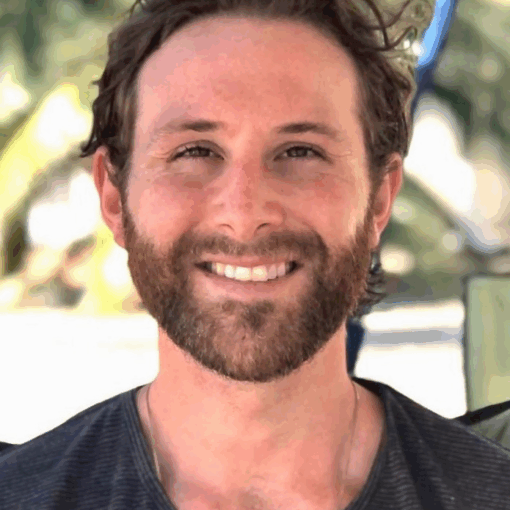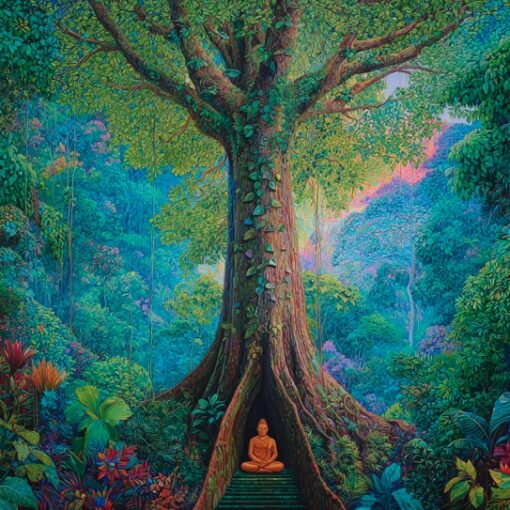
BY MATTHEW ROBERTSON
Some kids grow up dreaming of being professional basketball players, famous authors, or astronauts. I’ve always aspired to be a university president. The idea of leading a community of lifelong learners and supporting the growth of wisdom is deeply compelling to me. Mostly, it’s because I’ve always wanted to become the person I needed when I was young—a guiding presence who could show me how to truly learn and understand myself.
But achieving one’s dreams requires more than belief alone. I learned this lesson the hard way, when I was promoted to my first true leadership role at age 29 and moved to Utrecht, Netherlands. After proving myself as director of admissions for a small online university, I was asked to oversee operations for our international team of 40. I saw myself as the vital linchpin resolving organizational conflicts while launching a groundbreaking platform that matched students with local job opportunities. It was a thrilling and meaningful project—my own yellow brick road toward fulfilling a long-held dream.
Things were going well—until they weren’t. Without delving into the details, the following months brought me face-to-face with my first experience of professional burnout. Over three dark months, I faced an identity crisis, existential panic, and depression. In the end, I had relinquished my prestigious position, sabotaged a promising relationship, and adopted an array of coping mechanisms that even I struggled to understand. It was time to reconnect with my inner compass.
I started taking long, meandering night walks along the winding canals, listening to audiobooks, and contemplating themes of purpose and spiritual surrender. I asked myself difficult questions: “Who am I?”, “What do I truly want?”, and “What’s my path forward?” And in those quiet alleyways, a new understanding began to emerge—one inspired by a guiding principle bestowed upon me by my compassionate employer: “Organizations rise—or fall—based on the consciousness of their leaders.”
We’re seeing the truth of that today as our world undergoes rapid change. What does this mean for us as individuals? It’s clear that leadership is no longer confined to those with formal titles. As consciousness shifts—gradually, and often painfully—from competition to collaboration, from linear process to circular change, and from endless profit to regenerative growth—those who embody and exemplify these new qualities are emerging as the true leaders, with or without official positions.
How this transition may play out on a planetary scale is a story we’re still writing. However, one thing is certain: it compels an inward orientation toward healing, self-awareness, and personal growth for each one of us. To fix a broken world we have to start close to home.
When we stop trying to dominate life with our perspective and start relating to it with present-moment curiosity, we find ourselves naturally and more skillfully navigating challenges. Being open to how things actually are in this way effortlessly uplifts every domain of our lives.
Learning to lead from the inside out, we become aware of our inner architecture and can take steps to adjust for our weak points and leverage our strengths for shared benefit. Providing opportunities for others to channel their collective intelligence enables innovation so that we all become able to articulate a vision of success rooted in a higher purpose.
Leading from the inside out demands courage. It demands we demonstrate an unwavering presence in the face of uncertainty. After all, certainty is frequently nothing but wishful thinking. But our ability to stop, elevate beyond our limiting beliefs, and actually discern what is going on and how we can help can be cultivated. And that is the basis of the leadership the world needs now.
Looking back on those chilly Dutch evenings and remembering the caring mentors who shared their vision with me, I see it all pointing to the same source. If we want to rise to the call of leadership in our world, we have to first rise to become leaders of our own lives. And when we do, who knows where we might end up?



